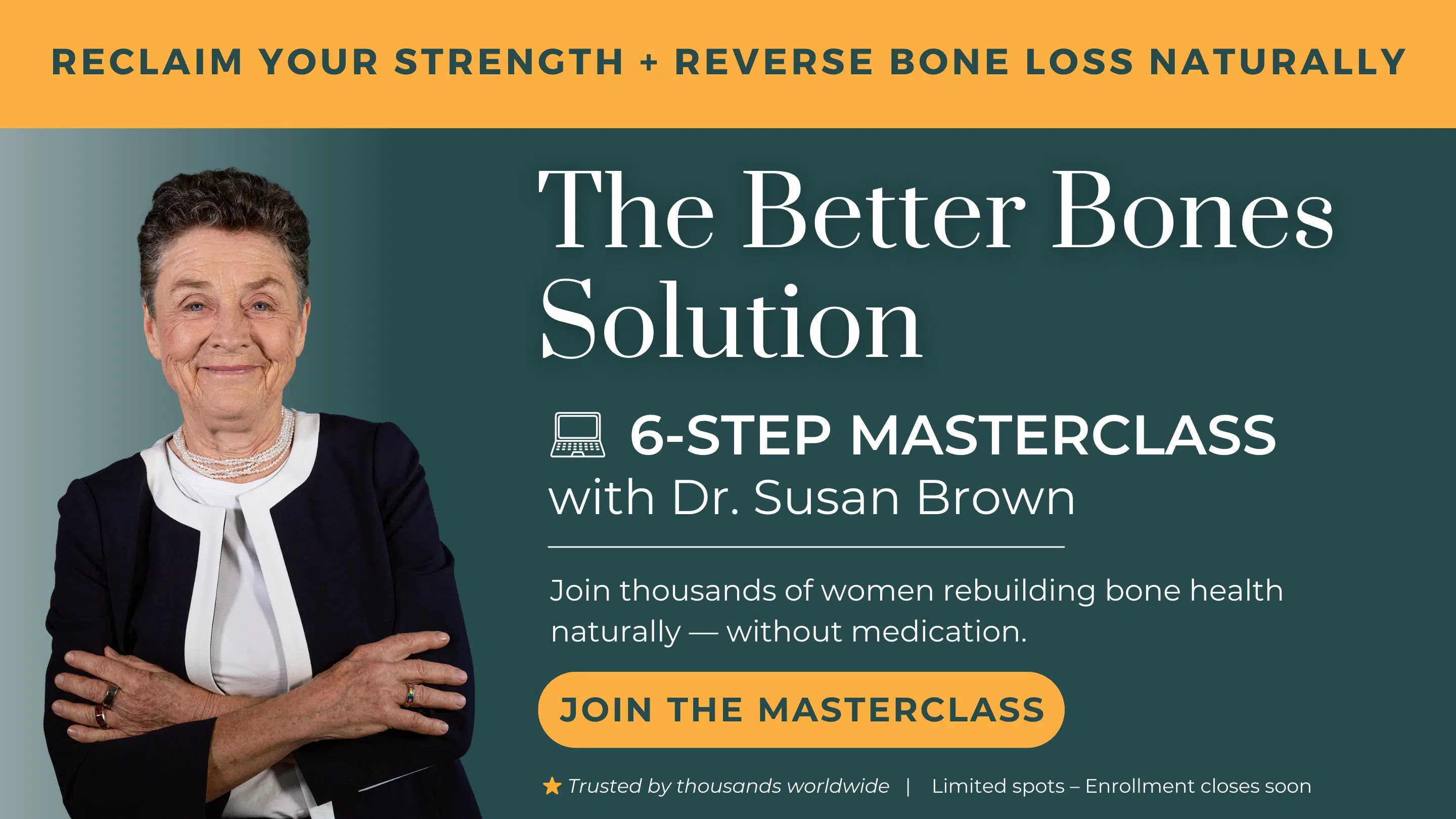
Now a large Swedish study suggests that drinking three or more glasses of milk a day may actually increase the risk for fracture. Even more, abundant milk usage raised the odds of an earlier death!
What the research says
Here’s what researchers discovered in the impressive study of 100,000 women and men over more than 20 years:
- There was no reduction in risk of any fracture with higher milk consumption. In fact, there was a slight increase in fracture among those with higher milk consumption
- Furthermore, those women who drank three or more glasses of milk a day had nearly a doubled risk of mortality as compared with those who consumed less than one glass a day. Specifically deaths from cardiovascular disease and cancer increased.
- There was a positive association between higher milk intake and undesirable inflammatory markers (urine 8-iso-PGF2a and interleukin 6).
- BUT, the use of fermented milk products such as yogurt, sour milk, kefir and cheese actually significantly reduced the incidence of hip fracture and death. For example, for every serving of fermented dairy consumed, women experienced a 10 to 15% reduction in both hip fracture and mortality. Eating fermented dairy was also associated with a decrease in oxidative stress and inflammation.
What does this mean for you?
First, don’t spend one minute more thinking how your current skeleton might be fitter if you drank more milk in the past.
Next, while you do want a total of 1,200 mg calcium from diet and supplements together, you don’t need to get it from milk. One idea is to move to fermented dairy as an excellent source of calcium, phosphorus, protein and life-supporting probiotics. Think yogurt, kefir, buttermilk, aged cheese. What’s more, here’s a detailed list of even more calcium-rich foods.
References:
Michaelsson, K et al., Milk intake and risk of mortality and fractures in women and men: cohort studies. British Journal of Medicine, 2014:349, Oct 28, 2014.
Brown, Susan E. Better Bones Better Body: Beyond Estrogen and Calcium, Keats Publishing, 2000.








